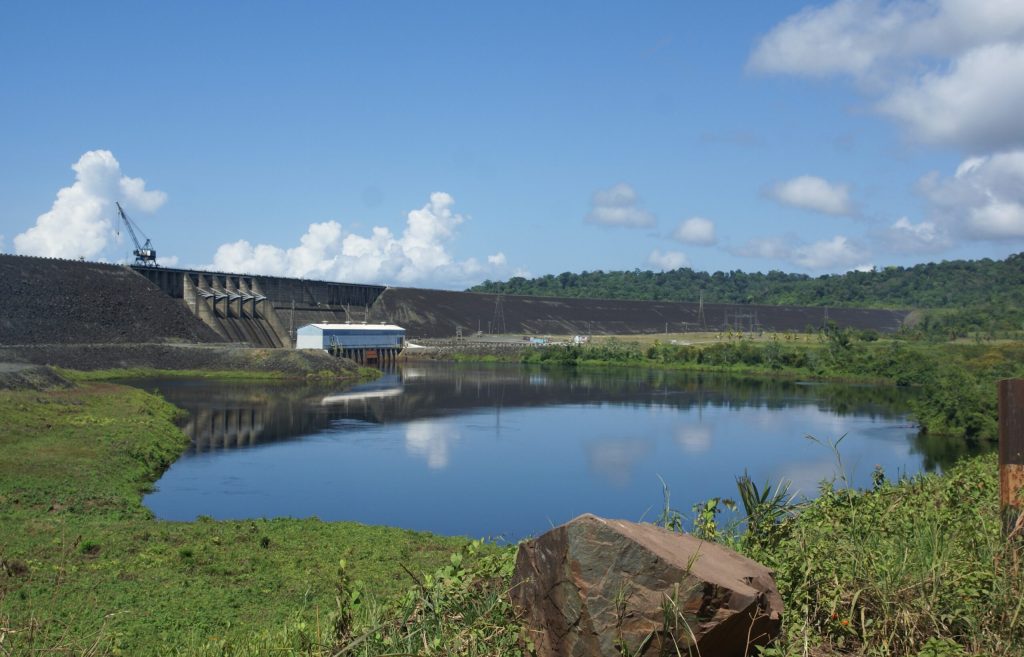The I-REC Standard Foundation Board has approved Suriname for I-REC(E) issuance. The Suriname Energy Chamber (SEC) has been Accredited as the local Issuer. The SEC acts as the national platform for information, training, and events for the energy sector in the country. They focus on the collaboration between the private and public sectors and are therefore highly well-connected and well-informed about the market.
The national power supply of Suriname comprises mainly hydro (about 45%), thermal power generation (about 54%), and solar (about 1%), which serves a peak load of about 250 MW, supplying about 1750 GWh of energy demand annually. Suriname strives towards a fully renewable electricity market by 2060 and aims to increase the contribution of solar to 10% in the near future. Also, according to recent studies, the country has the potential to supply 20 to 30 percent of the energy demand with wind.
The government of Suriname, through the Ministry of Natural Resources (NH), plays a very prominent role in the power sector: in the policy, planning, and regulatory areas. The National Power Utility, N.V., Energiebedrijven Suriname (EBS), is a public entity and is the sole concession holder for power distribution and retail and operates all transmission and distribution grids. Power generation capacity expansion is regulated by the Energy Authority of Suriname (EAS), through the electricity law (issued by the government in 2016). It only allows public entities like the EBS and the State Oil Company of Suriname to invest in major capacity expansion (hydro and thermal power).
The I-REC Standard Foundation recognizes Suriname’s potential and efforts in developing and implementing renewable energy sources access, and is, therefore, pleased to have Suriname as an I-REC(E) issuing country.

